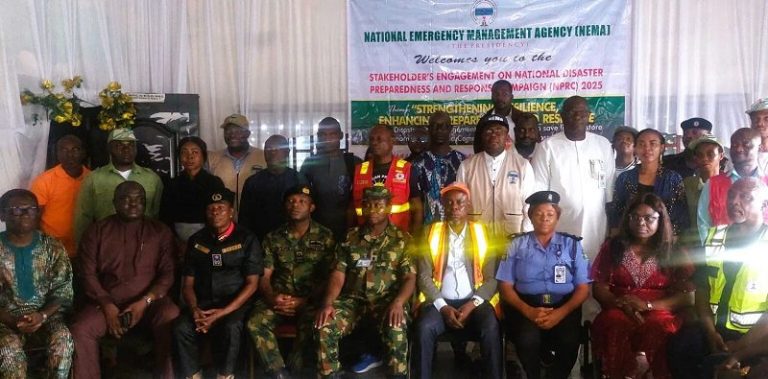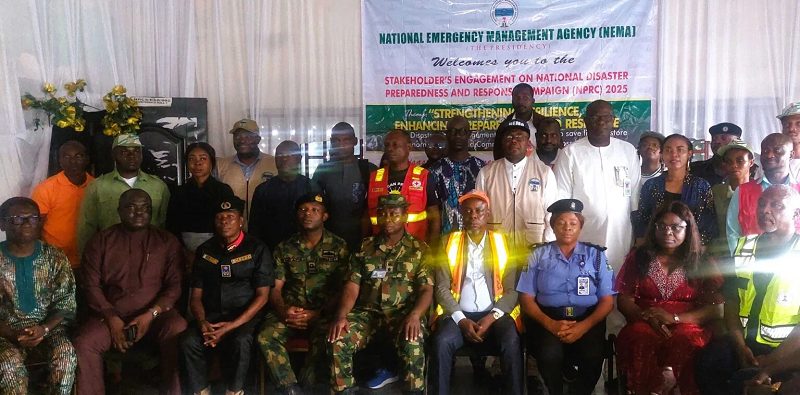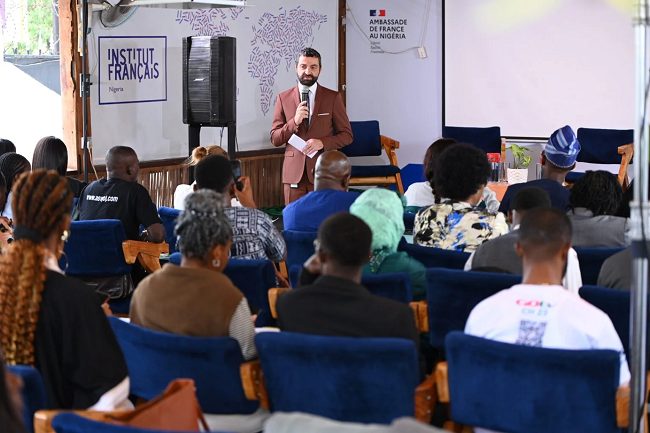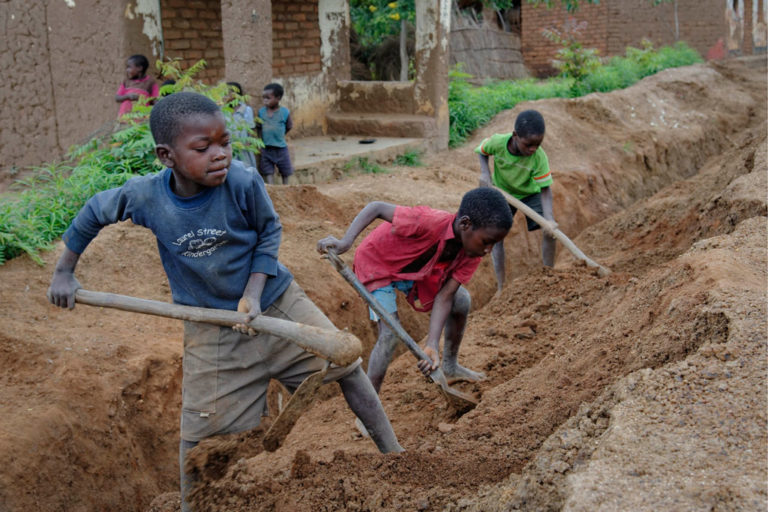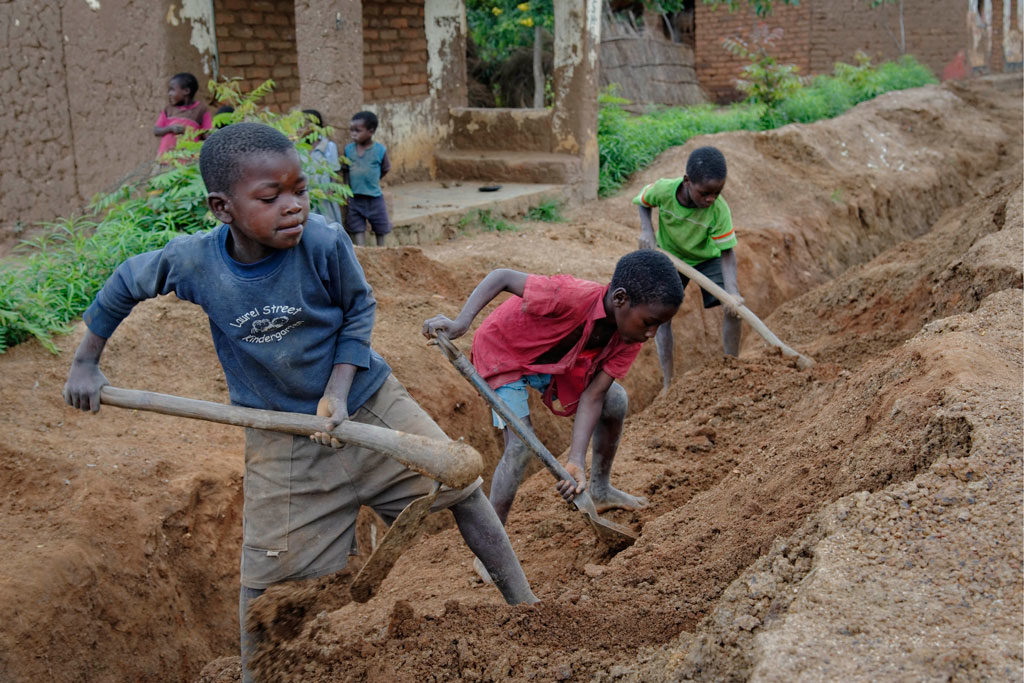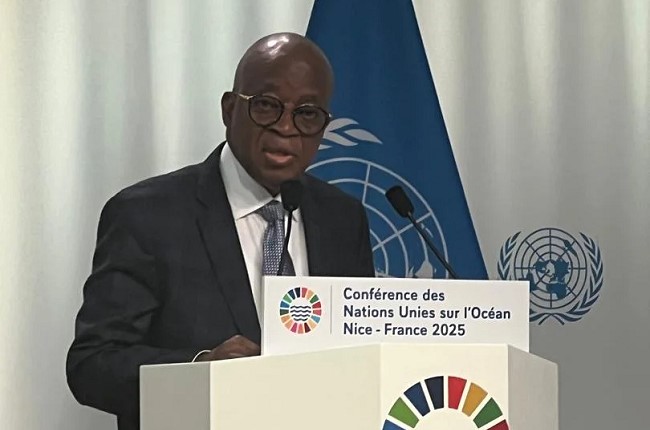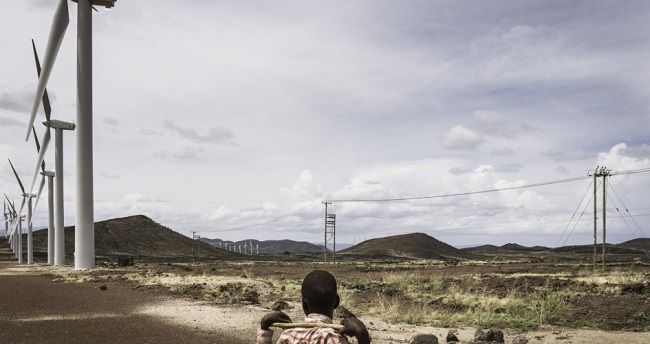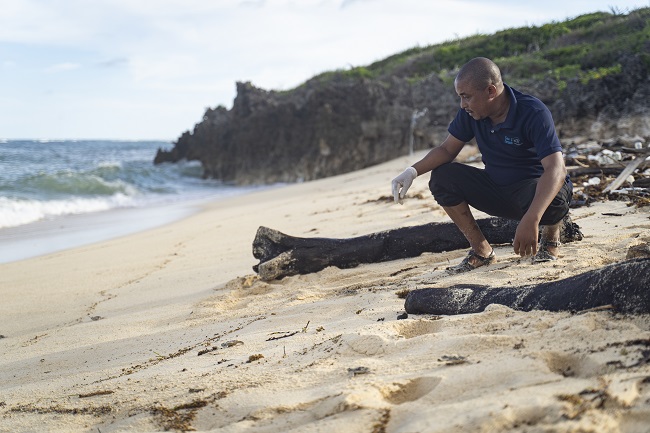The Nigerian Institute for Oceanography and the International Ocean Institute (IOI)-Nigeria have urged global cooperation and local innovation to protect marine ecosystem and promote sustainable ocean governance.
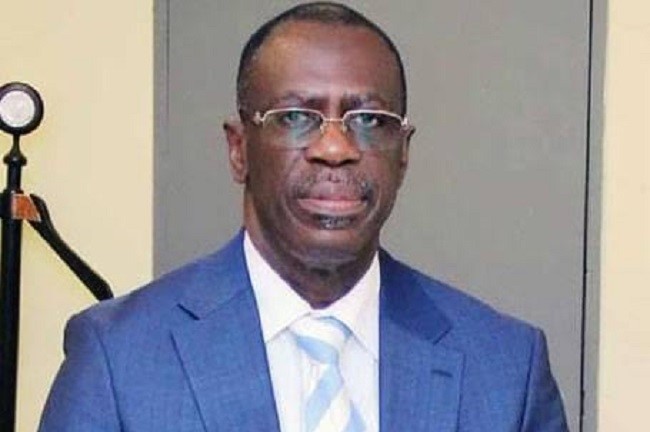
They said this at the event to mark the World Ocean Day with the theme: “Wonders: Sustaining What Sustains Us,” at NIOMR headquarters on Wednesday, June 11, 2025, in Lagos.
Speaking at the event, the Executive Director, Nigeria Institute for Oceanography and Marine Research, Prof. Abiodun Sule, stressed the need for global cooperation for sustainable ocean.
Represented by the Director of Research, Dr Obatola Parcey, Sule emphasised the essential role of the ocean in supporting life on earth.
According to him, the earth depends completely on the ocean for oxygen production and climate regulation to food security, economic livelihoods, and cultural identity.
“The World Ocean Day is more than a symbolic observance. It is a day for reflection, recommitment, and renewed action to protect the very foundation of our planet’s life systems.
“Nigeria’s dependence on marine and coastal ecosystems for fisheries, transport, tourism, and local livelihoods makes it mandatory for marine conservation to remain a national priority,” he said.
Sule praised the decade-long partnership between NIOMR and the IOI-Nigeria Centre.
He said their collaborative efforts had enhanced ocean literacy, fostered stakeholder engagement, and promoted research-based policy dialogue in Nigeria.
“Together, we have bridged science, policy, and community action in pursuit of sustainable ocean governance,” he added.
The Director, International Ocean Institute, Mr. Akanbi Williams, said the 2025 World Ocean Day celebration highlights the ocean’s vital role and what it has given us as a nation and community.
“We will explore the importance of international cooperation in protecting marine biodiversity, discuss innovative solutions to plastic pollution, and showcase the rich cultural heritage of our coastal communities.
“Let’s work together to safeguard the ocean’s future,” he said.
He called for a stronger international cooperation to protect marine biodiversity and promote sustainable ocean governance.
Also speaking, an environmental expert, Prof. Babajide Alo, in a keynote lecture titled: “Wonders Without Borders: Sustaining the Ocean Through Global Agreements,” examined the role of international treaties, particularly the new Biodiversity Beyond National Jurisdiction.
“This landmark treaty, negotiated under the United Nations, represents a significant step forward in the protection of marine biodiversity in areas beyond any single country’s territorial waters and regions that make up nearly half the planet’s surface.
“The agreement aims to close existing legal gaps by establishing mechanisms for the conservation and sustainable use of marine biological diversity.
“It includes the regulation of activities such as marine genetic resource exploitation, environmental impact assessments, and the establishment of marine protected areas on the high seas.
“By fostering greater international cooperation, transparency, and equitable benefit-sharing, the agreement is seen as a vital tool in advancing ocean sustainability and ensuring that the global commons are safeguarded for future generations,” he said
Aloa noted that the ocean smelled fresher when he was a child.
“The fish were plenty, and you didn’t need to sail far to see coral gardens dancing under the sun. But times change and not always for the better.
“These days, the sea is tired. We’ve taken too much and given too little. Folks forgot the ocean is not just a big blue pantry. It’s a living, breathing world of its own.
“That’s why it’s so important we treat it right. We have to manage what we take, protect the life beneath the waves, and fish like we mean to come back tomorrow and not strip it bare like there’s no future,” he said.
By Olaitan Idris

